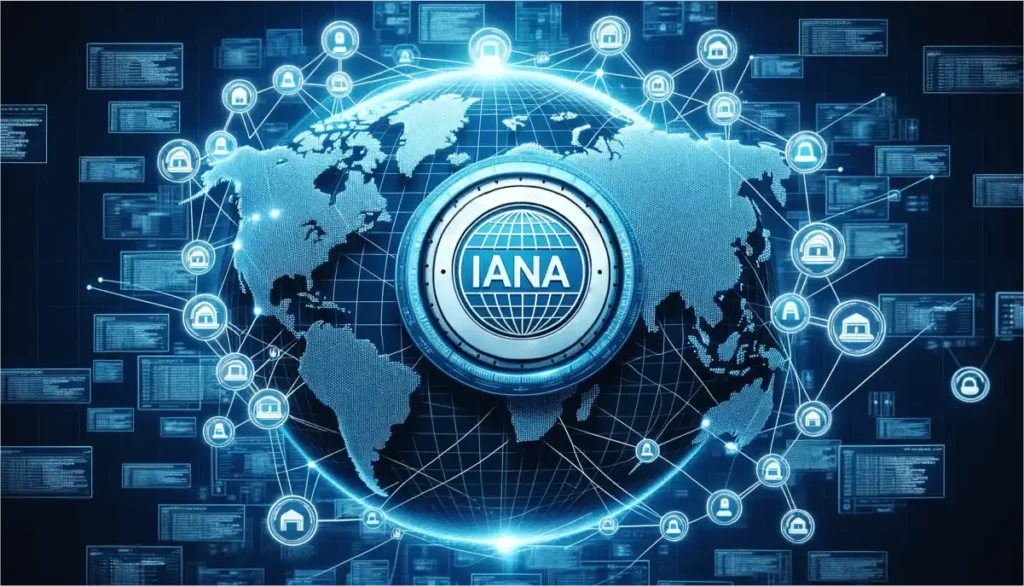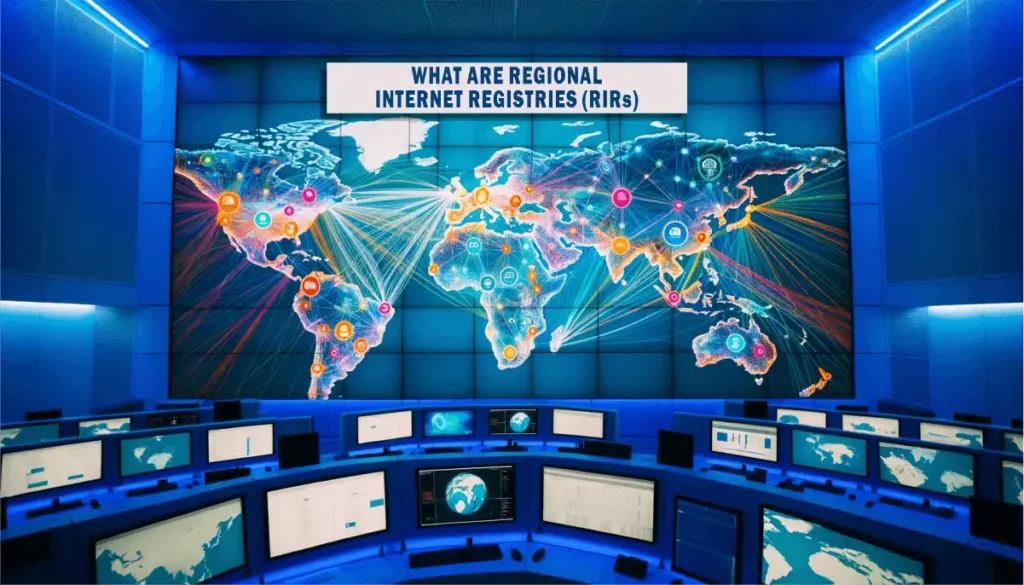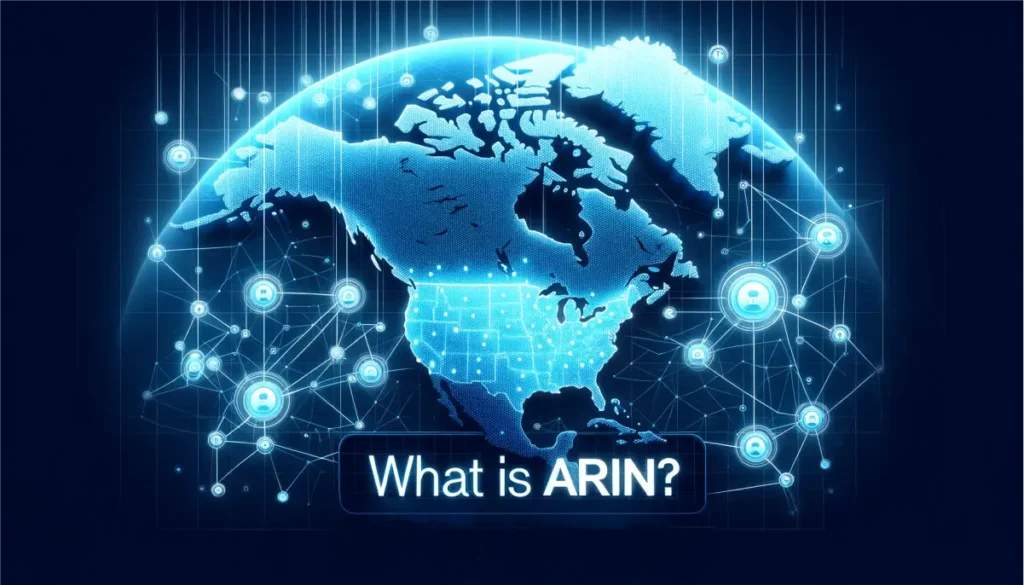When you send a letter, you need a specific street address. Similarly, to navigate and send information across the expansive web, devices need IP addresses. Just like every home or business address is unique, every device on the internet has a unique IP address.
While the concept of an IP address is quite straightforward, there’s a related term that often causes confusion: IP WHOIS. So, what exactly is IP WHOIS, its purpose, and how does it function?
Table of Contents
What is IP WHOIS?
IP WHOIS is a protocol that is used to query databases to obtain information about the registration of an IP address. It provides users with a system to find out ‘who is’ responsible for an IP address or a domain.
Initially, the WHOIS protocol was made to be used by network administrators for system debugging and other operational purposes. But over the years, it has expanded and today plays a crucial role in offering valuable data about the ownership and usage of the internet’s resources.
Understanding WHOIS data
Most commonly, WHOIS records consist of information like the name, email address, and phone number of the technical and administrative contacts related to the IP address or domain. Furthermore, these records often provide the name and location of the entity that registered the IP address or the domain, including their registration date and expiration.
Management of IP WHOIS database
The responsibility of maintaining and providing the IP WHOIS database falls to several key organizations. At the top is the Internet Assigned Numbers Authority (IANA), which oversees global IP address allocation. IANA delegates regions of IP address space to Regional Internet Registries (RIRs). There are five main RIRs:
- ARIN: Serving the U.S., Canada, and parts of the Caribbean.
- RIPE NCC: Europe, the Middle East, and Central Asia.
- APNIC: Asia-Pacific region.
- LACNIC: Latin America and the Caribbean.
- AFRINIC: Africa.
Each RIR operates its own WHOIS database, allowing users to retrieve information about IP addresses and related resources within their designated regions:
| RIR | WHOIS Link |
| ARIN | ARIN WHOIS |
| RIPE | RIPE WHOIS |
| APNIC | APNIC WHOIS |
| AFRINIC | AFRINIC WHOIS |
| LACNIC | LACNIC WHOIS |
The Purpose and Uses of IP WHOIS
In essence, IP WHOIS serves to enhance the transparency and accountability of the internet’s operations by providing authoritative visibility into who controls what portions of the IP space. Here are some critical uses of IP WHOIS:
- Abuse Reporting and Mitigation: In case of cyberattacks, internet service providers and law enforcement can use IP WHOIS data to locate where an attack originated.
- Network Troubleshooting: Network administrators use IP WHOIS to identify and resolve system issues and debug worldwide internet connectivity failures.
- Legal Issues: IP WHOIS data is often used in legal conflicts over IP addresses or domains, intellectual property violations, trademark disputes, and copyright issues.
IP WHOIS and user privacy
The issue of privacy is critical when it comes to IP WHOIS. There is ongoing debate about the balance between the need for transparency and the right to privacy. This has led to several modifications of WHOIS policies over the years, steering towards a more privacy-centric approach.
In response to these concerns, the ICANN has implemented the General Data Protection Regulation, which aims to offer better protection of personal data. The future will likely see more reforms and advancements that will continue to balance privacy needs with the critical services IP WHOIS provides for the internet.
Frequently Asked Questions
What is IP WHOIS?
IP WHOIS is a protocol used for querying databases that store the registered users or assignees of an IP address or domain on the internet.
What information can you find in WHOIS records?
WHOIS records typically include the name, email address, phone number, and physical address of the technical and administrative contacts of the IP address or domain.
Who maintains the IP WHOIS database?
The IP WHOIS database is maintained by the Internet Assigned Numbers Authority (IANA) and delegated to Regional Internet Registries (RIRs), each responsible for different regions of the world.
What are the main Regional Internet Registries (RIRs)?
The main RIRs are: ARIN (North America), RIPE NCC (Europe/Middle East/Central Asia), APNIC (Asia-Pacific), LACNIC (Latin America/Caribbean), and AFRINIC (Africa).
Why is IP WHOIS important?
IP WHOIS enhances internet transparency and accountability by providing information about who controls specific portions of the IP space, aiding in abuse mitigation, network troubleshooting, and legal issues.
How is IP WHOIS used in cyber security?
In cyber security, IP WHOIS data helps identify attack origins, enabling internet service providers and law enforcement to address abuses and mitigate threats.
How does IP WHOIS help with network troubleshooting?
Network administrators use IP WHOIS data to identify network issues, facilitating the debugging and resolution of global internet connectivity problems.
Can IP WHOIS data be used in legal cases?
Yes, IP WHOIS data is often utilized in legal conflicts for cases involving IP address disputes, intellectual property violations, trademark disputes, and copyright issues.
What are the privacy concerns related to IP WHOIS?
Privacy concerns arise because WHOIS data often includes personal information. Balancing transparency with individuals’ right to privacy has been a subject of ongoing debate and policy modification.
How is user privacy protected in the context of IP WHOIS?
To protect user privacy, regulations like the General Data Protection Regulation (GDPR) have been implemented, influencing modifications in WHOIS policies to safeguard personal data.





